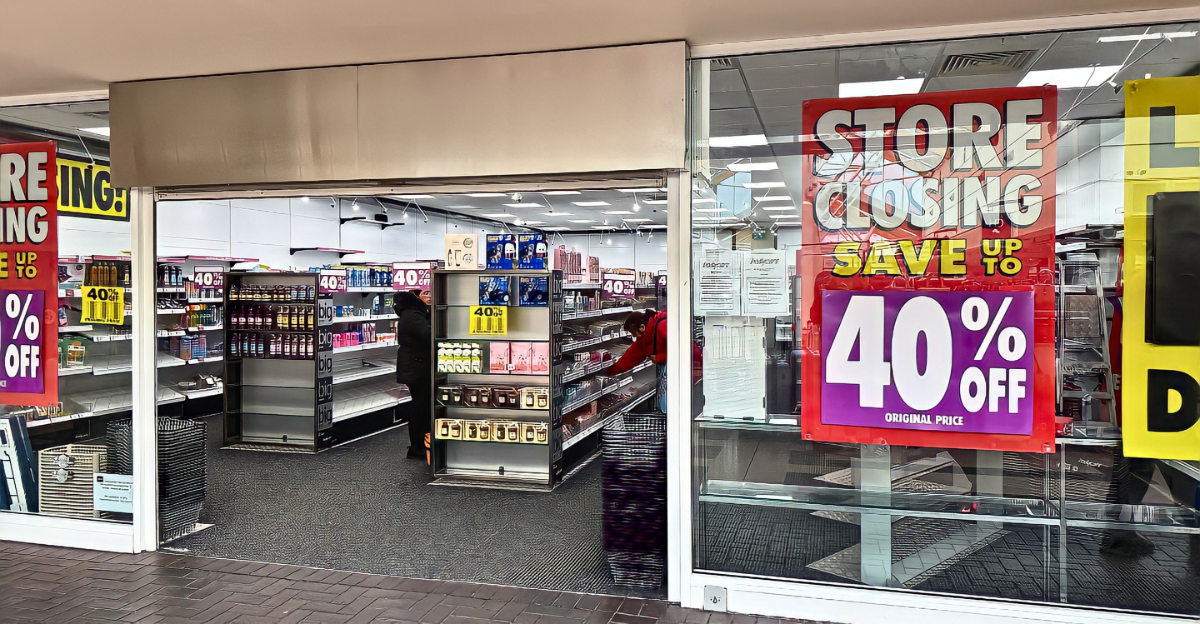
Bodycare, a British high street fixture for 55 years, has shuttered all its stores, plunging the discount beauty market into turmoil. This retailer, once a go-to for affordable fragrances and toiletries, faces a full shutdown after administration began early this month.
The complete closure threatens more than just jobs: it disrupts supply chains and local economies. The industry watches closely as a wider retail crisis unfolds, challenging traditional business models.
Retail Giant’s Full Closure Confirmed
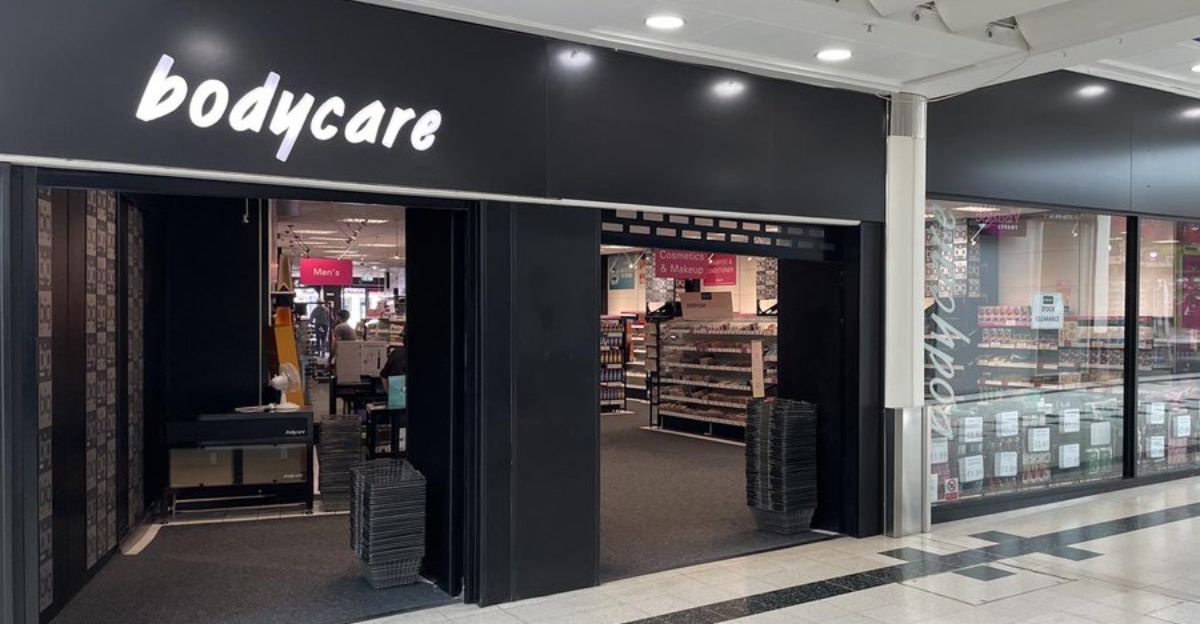
Administrators announced Bodycare will close its remaining 56 stores after failing to find a buyer. The chain started in 1970 and once operated 147 outlets employing 1,500 people. Over 1,000 jobs will now be lost.
Initial administration on September 5, 2025, forced immediate closure of 32 stores, with another 30 shuttered by mid-September. The remaining 444 employees will be affected by this final shutdown.
Multi-Faceted Challenges Caused Collapse
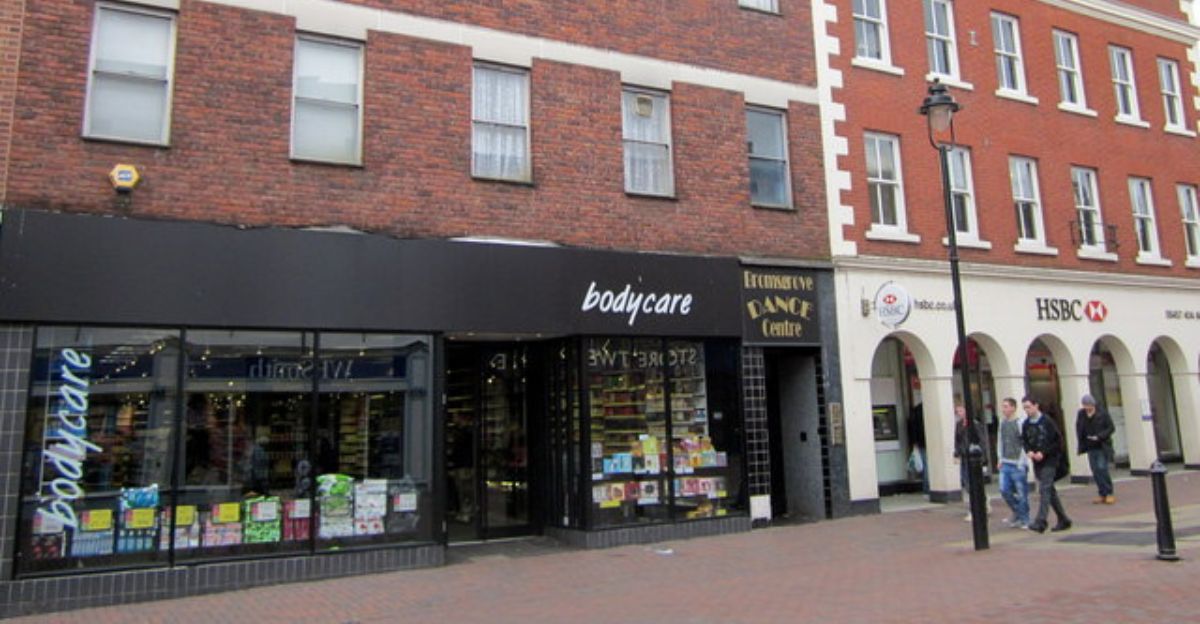
Interpath Advisory highlighted rising rents, staffing costs, and a slow digital transformation as key factors in Bodycare’s downfall. The chain’s aborted 2024 stock market listing compounded financial pressure amid cost-of-living strains on customers.
Supplier relationships weakened due to funding shortages, leading to critical stock shortages in stores. Though profitable pre-pandemic, millions in losses since then halted recovery efforts.
Suppliers Lose Crucial Distribution Channel

Bodycare’s closure disrupts distribution for brands like L’Oreal, Nivea, and Elizabeth Arden. These companies must urgently redirect inventory originally destined for 147 stores across the UK.
Stock shortages before the shutdown had already strained brand-supplier relations. Now, beauty brands face reshaped retail partnerships and logistics to maintain market presence.
Retail Property Market Faces New Vacancies
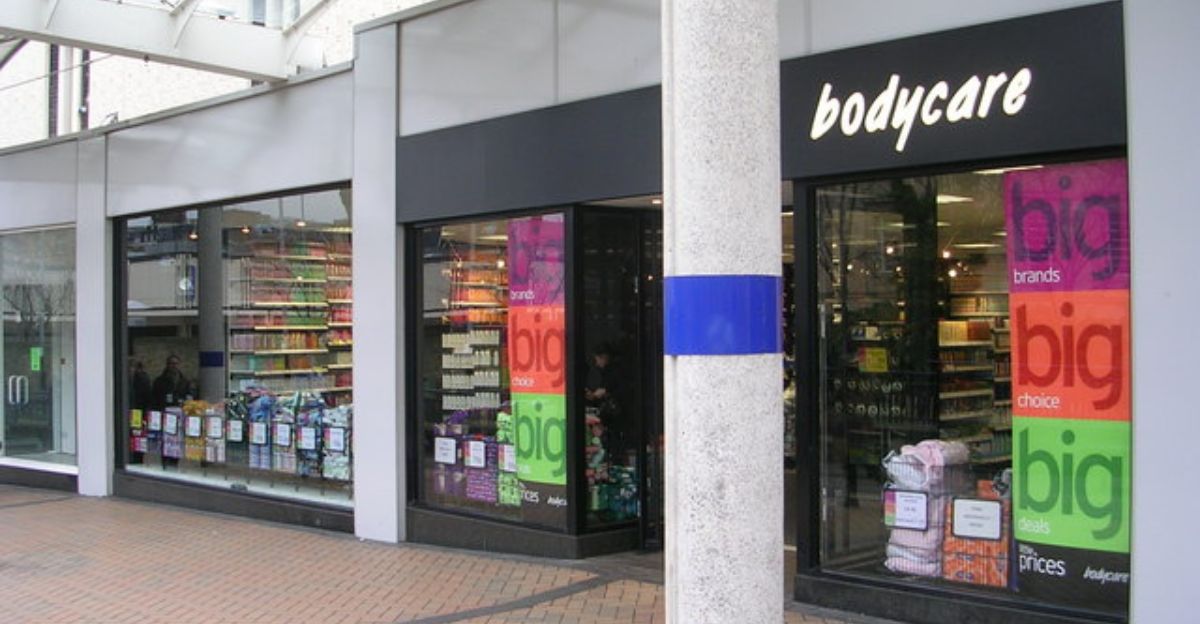
With 147 empty units added to Britain’s retail inventory, landlords must fill substantial vacant space amid declining high street traffic. High rents were a major reason cited for store closures.
Shopping centres and town centres now face rental income losses and tenant replacement hurdles. This exacerbates long-standing challenges in retail property markets nationwide.
Market Winners Emerge from Closure
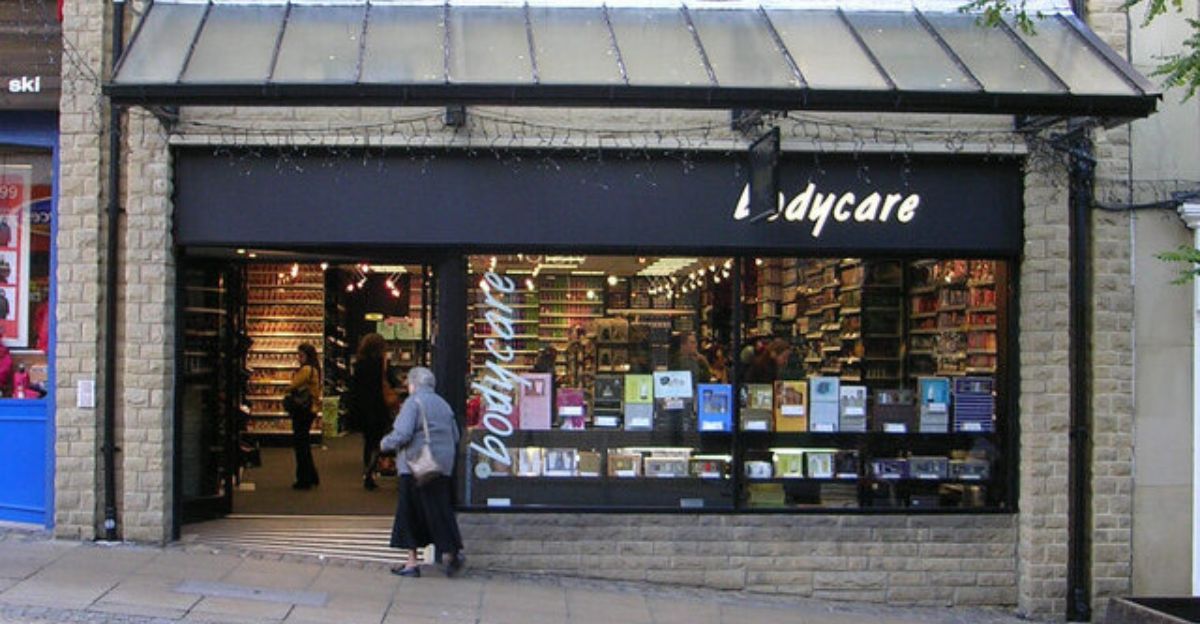
Bodycare’s exit reshapes the beauty retail landscape, benefiting competitors like Superdrug and Boots. Superdrug reported 11.8% sales growth to £1.52 billion ($2B) in 2023 and plans 25 new stores with 500 jobs.
Boots continues to optimize its network despite closing 300 stores, maintaining strong market presence. Consolidation favors robust retailers ready to absorb displaced customers.
Job Losses Strike Retail Workforce Hard
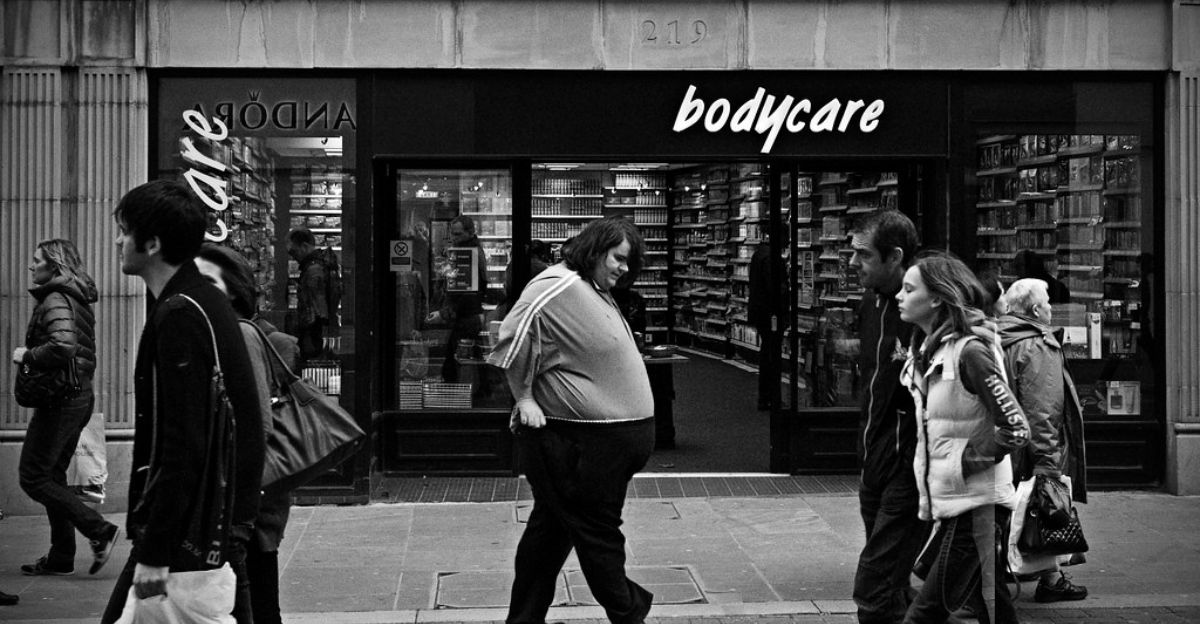
The closure results in over 1,000 redundancies, compounding employment challenges in Britain’s retail sector. Administrators are supporting affected employees in redundancy payments claims.
Initial closures saw 450 job losses, with further reductions following in mid-September. The fallout highlights vulnerabilities in store-based retail employment.
High Street Retail Decline Accelerates

An estimated 17,349 UK store closures are expected in 2025, up from 12,804 in 2024, per the Centre for Retail Research. Rising costs and shifting consumer habits continue squeezing traditional retailers.
Recent near-failures by River Island and Poundland underscore retail fragility. Brick-and-mortar shops face mounting pressure from online competitors and operational cost increases.
Consumers Lose Key Affordable Option
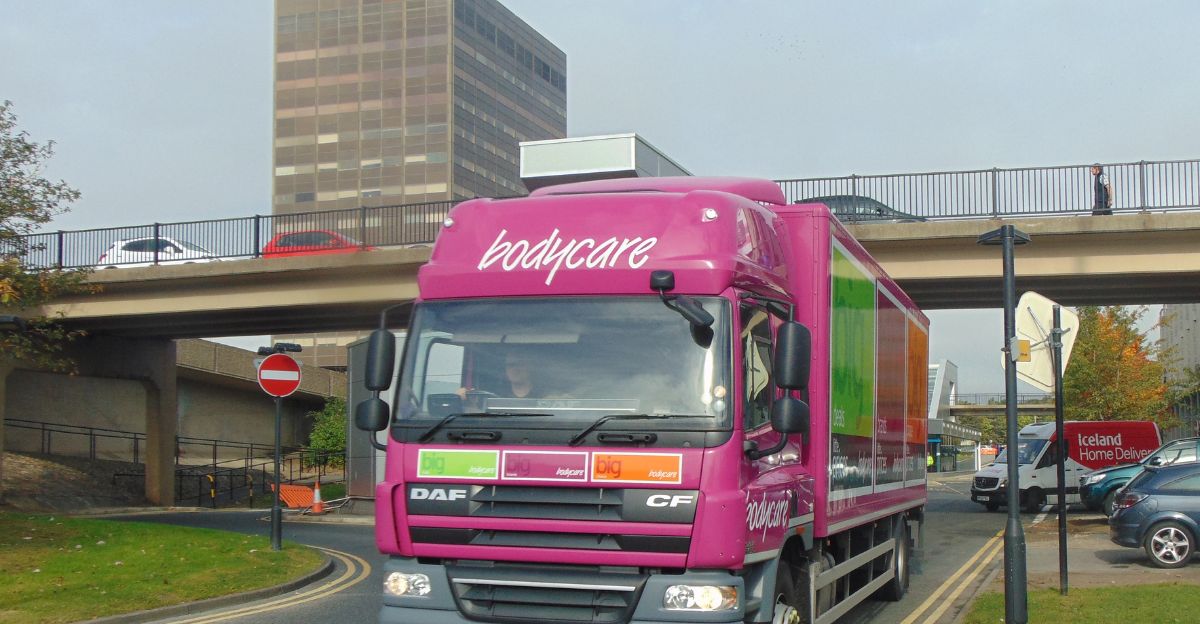
Bodycare’s 147 closed locations remove an accessible source of discounted branded beauty products for budget shoppers. Customers must now turn to higher-cost alternatives or online retailers.
The shift limits affordable beauty shopping in local communities, increasing travel times and pushing some consumers toward digital purchasing channels.
Retail Consolidation Continues Unabated
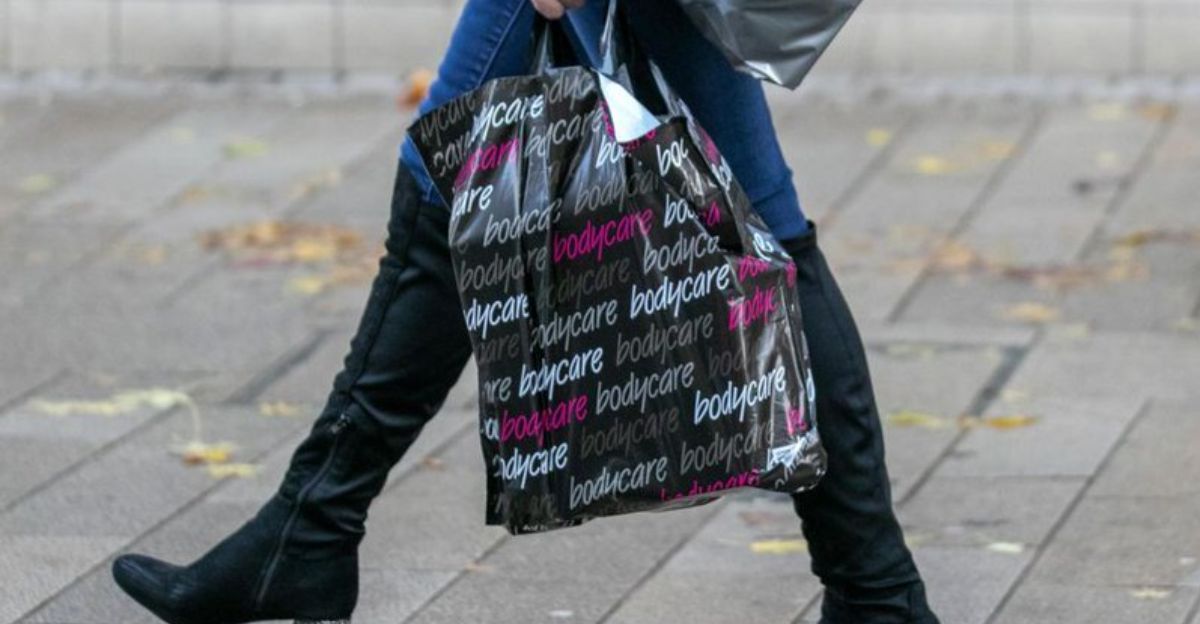
Bodycare’s fall underscores the ongoing shakeout in UK retail, with weaker players struggling against rising costs and changing spending patterns. Select Fashion and New Look also face difficulties amid structural headwinds.
Industry experts note the retail landscape demands digital agility and cost management, making survival harder for traditional chains reliant on physical stores.
Local Economies Feel Ripple Effects
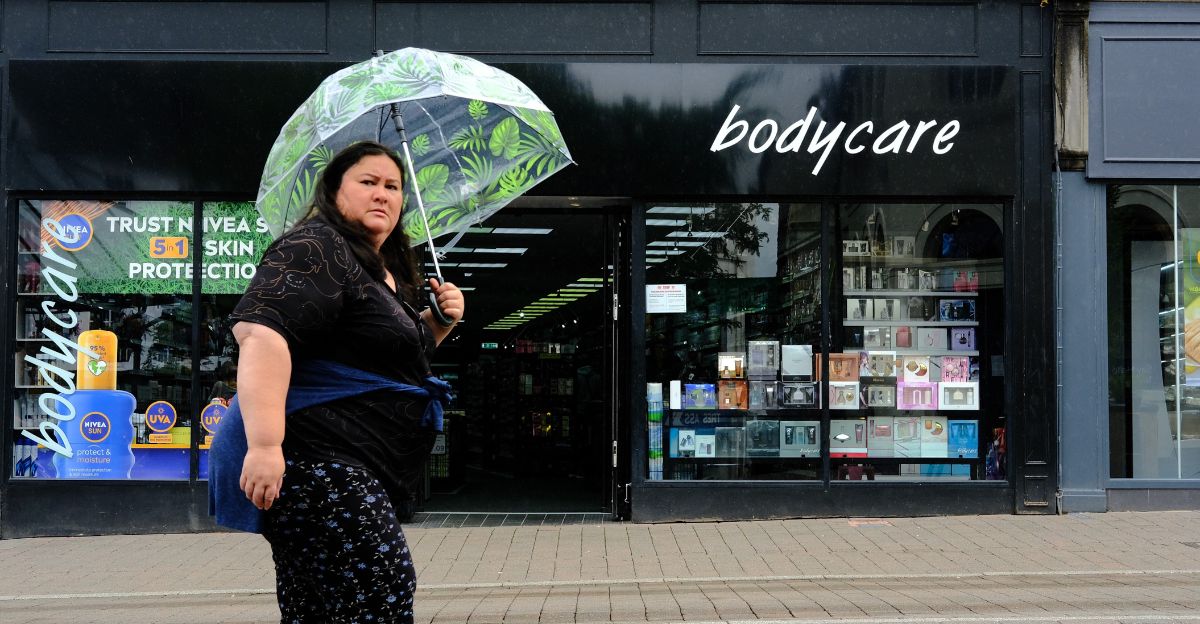
Shoppers’ reduced foot traffic in 147 locations weakens local businesses reliant on retail-generated customers. Job losses reduce household spending power in affected communities.
Shopping centres lose an anchor tenant, impacting complementary retail and service outlets. High street vitality suffers as familiar retail brands disappear.
Logistics Networks Forced to Adapt
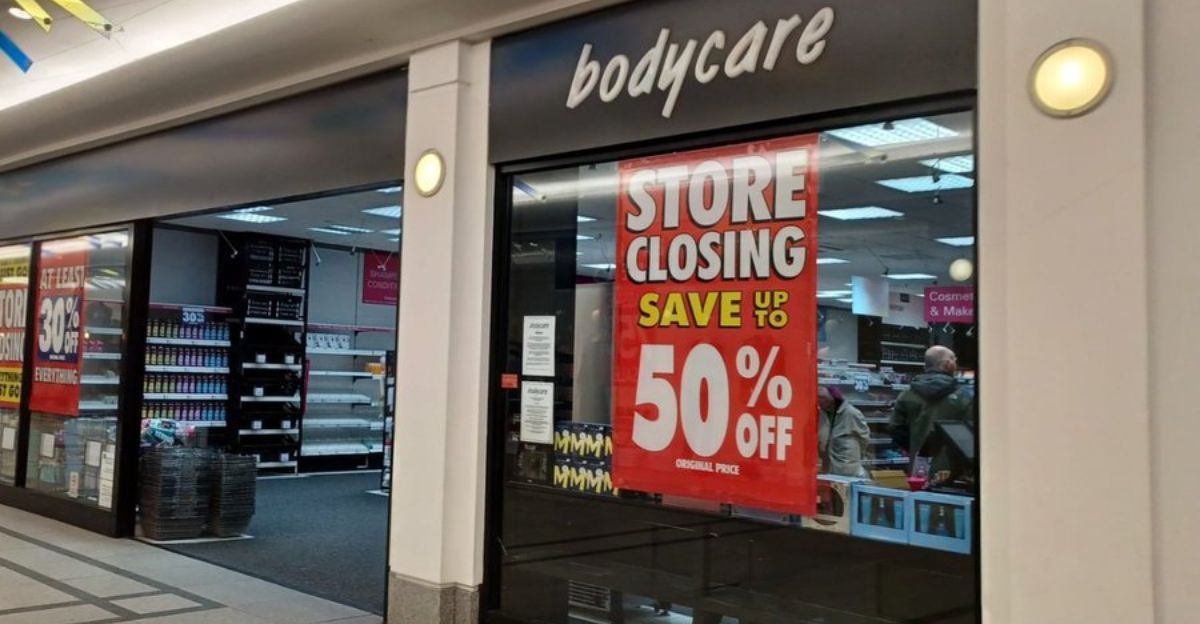
Beauty product distributors must reconfigure supply routes suddenly, with Bodycare’s 147 locations vanishing from delivery schedules. This changes shipment volumes and operational efficiency.
Regional distribution hubs face adjustments while decreased retail density shifts logistics priorities within the beauty supply chain.
Beauty Access Narrows for Budget Shoppers
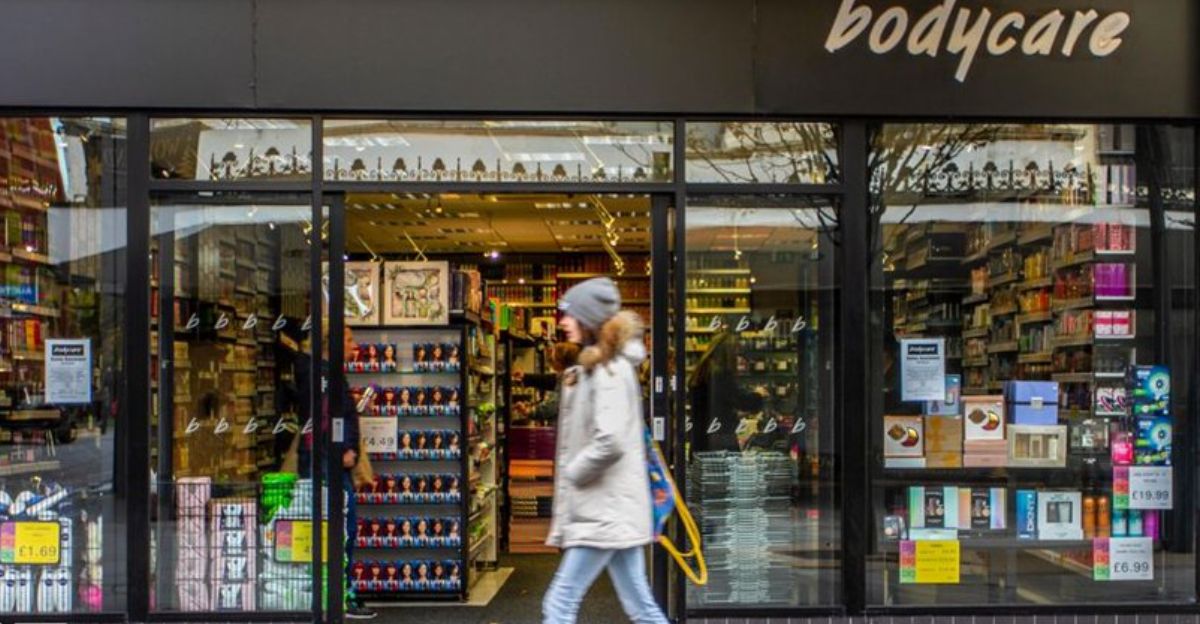
Loss of Bodycare limits availability of discounted premium brands like L’Oreal, Nivea, and Elizabeth Arden in many towns. Consumers reliant on convenient, affordable beauty face fewer options.
Without local stores, shoppers without transport or digital access are particularly disadvantaged, accelerating reliance on supermarket own-labels or online purchases.
Online Beauty Retail Gains Momentum
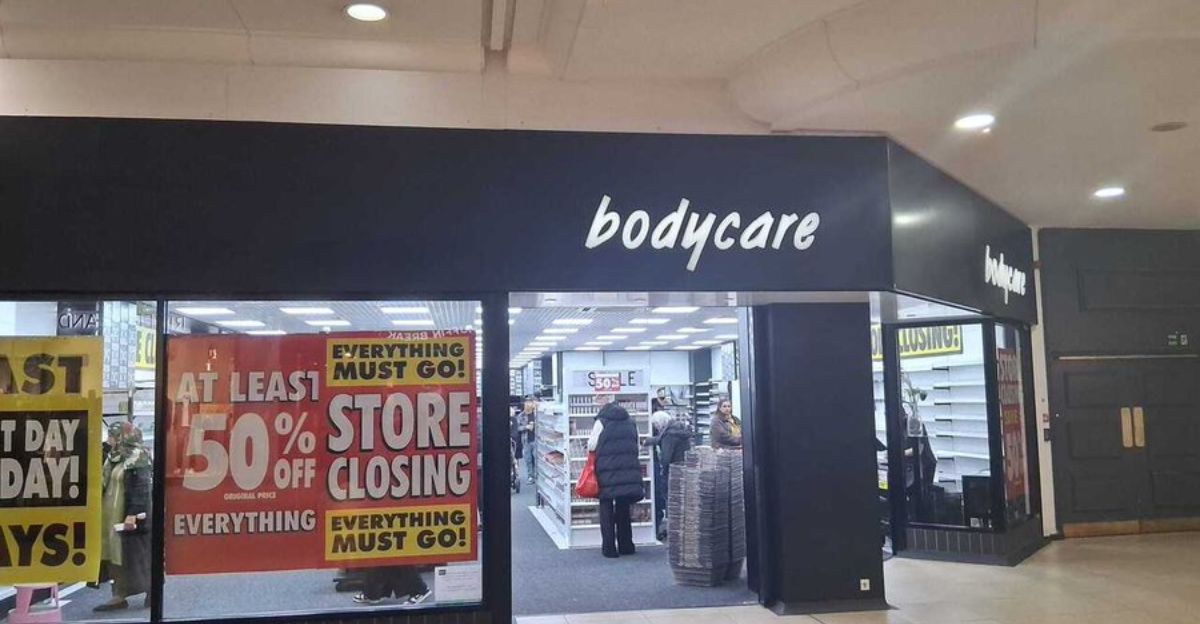
Digital retailers stand to capture Bodycare’s displaced customers, accelerating shifts toward online beauty shopping. E-commerce platforms offer discounted authentic products and expanded choice.
Yet loss of physical stores sacrifices tactile experience valued for fragrances and cosmetics. Beauty brands must balance digital growth with maintaining experiential retail presence.
Community Shopping Infrastructure Weakens
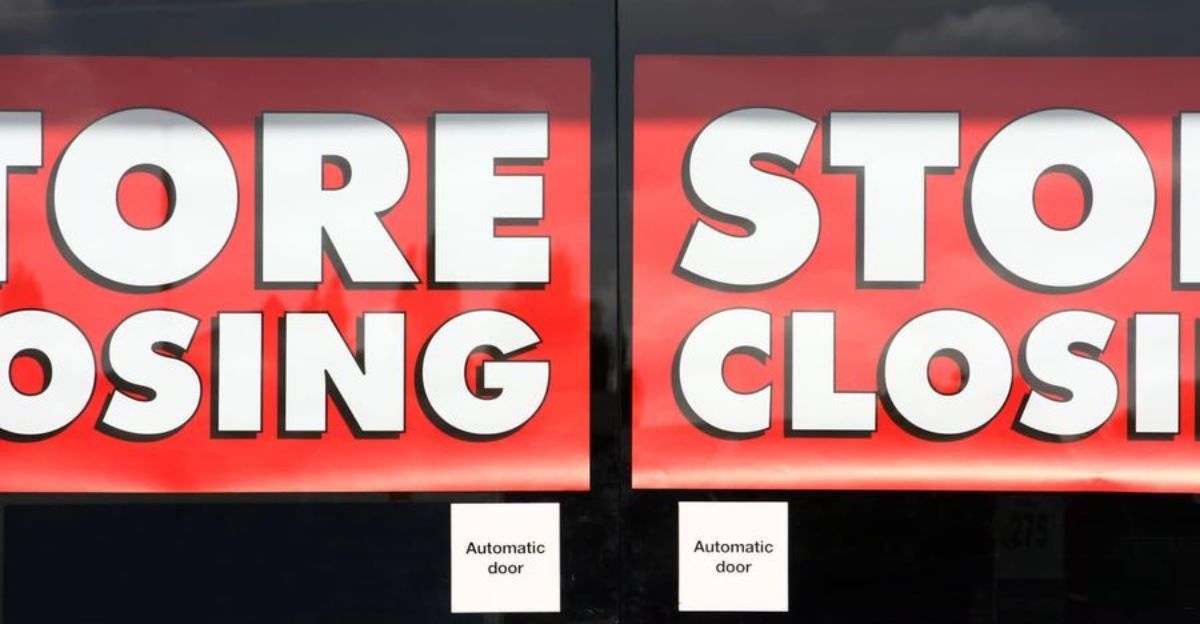
Closure of 147 Bodycare stores reduces local high street convenience, especially impacting elderly and transport-limited customers. Established shopping routines are disrupted.
High streets continue losing anchor retailers, diminishing social and commercial vibrancy. This undermines community retail ecosystems and long-term district health.
Retail Property Market Oversupply Intensifies
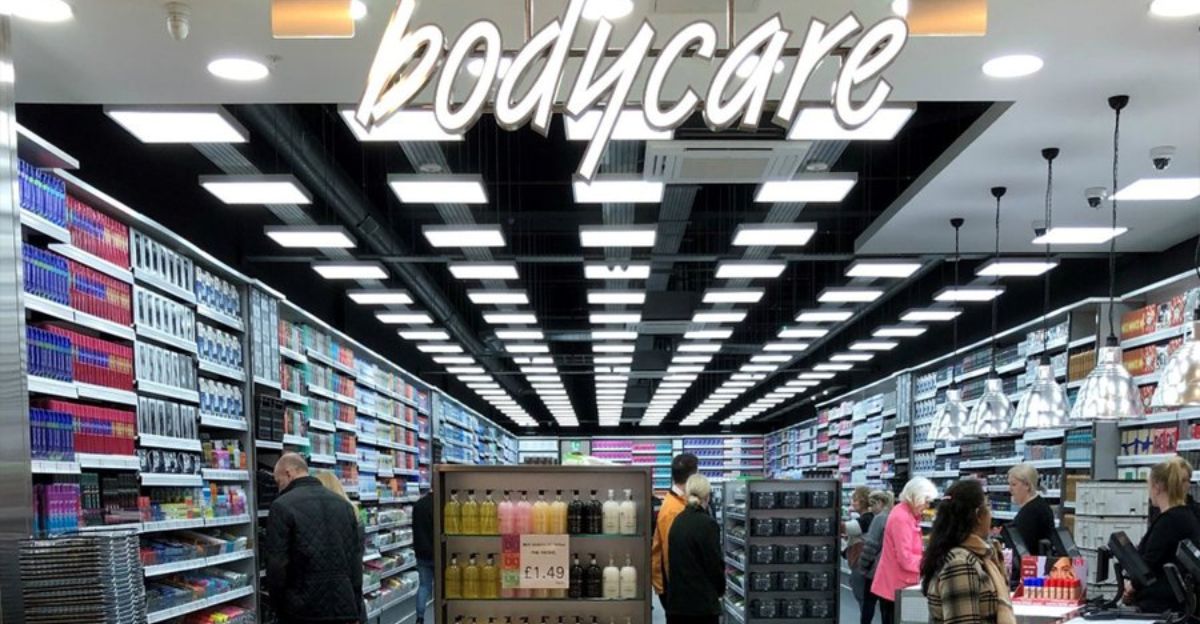
Bodycare’s 147 vacant units compound retail property oversupply. Landlords face growing pressure to secure tenants amid cost challenges driving store closures.
Shopping centres must manage persistent vacancies, highlighting broader structural shifts eroding traditional retail real estate viability across the UK.
Beauty Shopping Demands Strategic Shift
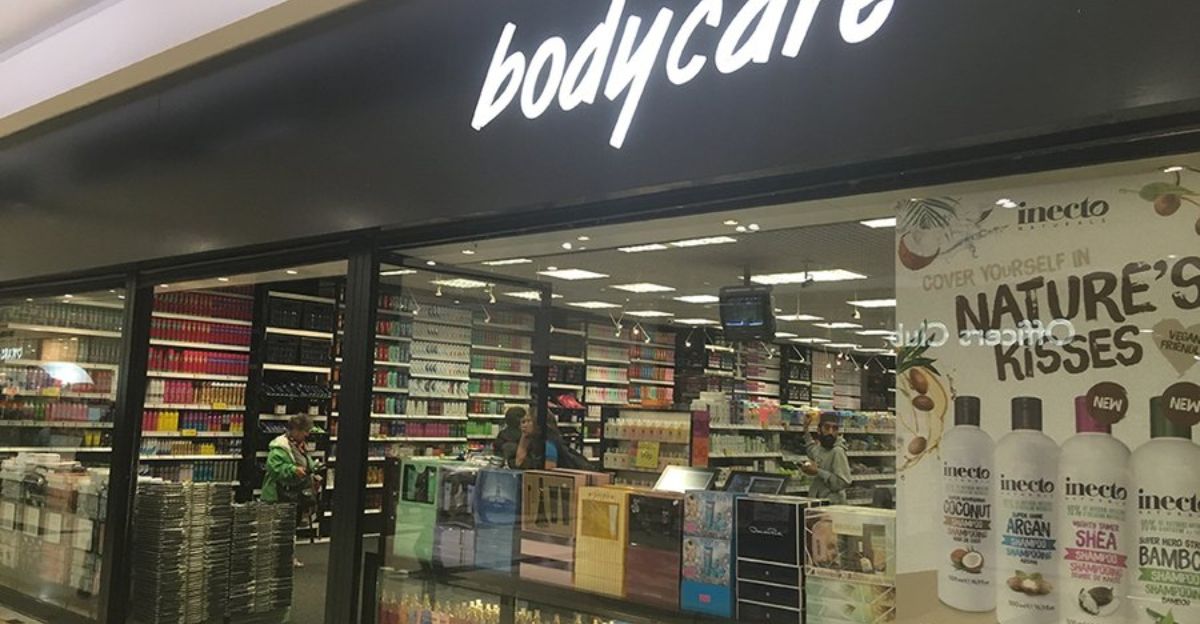
Consumers should diversify beauty purchasing across physical stores, online retailers, and subscription services to maintain access post-Bodycare. Reliance on any single outlet risks product availability gaps.
Understanding remaining discount retailers and supply options helps shoppers navigate an evolving, competitive beauty market landscape.
Digital Transformation Is Survival Key

Bodycare’s demise after 55 years illustrates that longevity offers no immunity from retail disruption. Digital adaptation is imperative for survival in a rapidly changing sector.
Government support through business rate reform or infrastructure investment may be needed to stem high street decline and support retail evolution.
Beauty Industry Faces Structural Overhaul
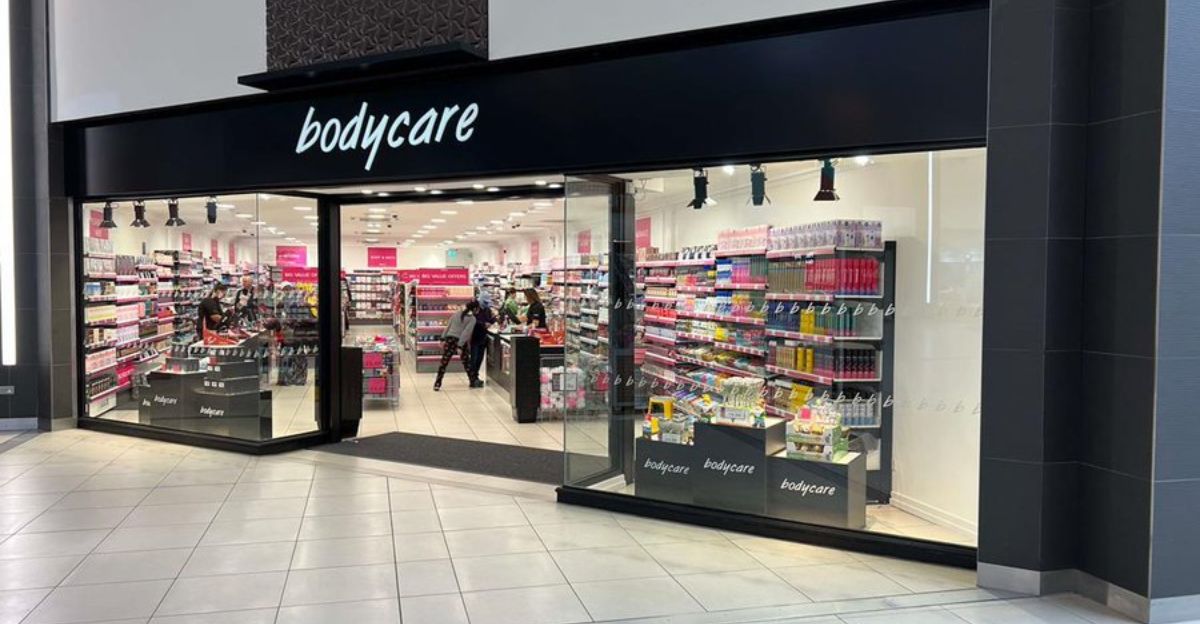
The collapse signals permanent shifts in UK beauty retail. Brands must integrate digital channels with sustainable physical footprints, meeting rising consumer demands for convenience and experience.
Retailers clinging to outdated models risk extinction, while adaptability defines future success in an industry undergoing profound transformation.